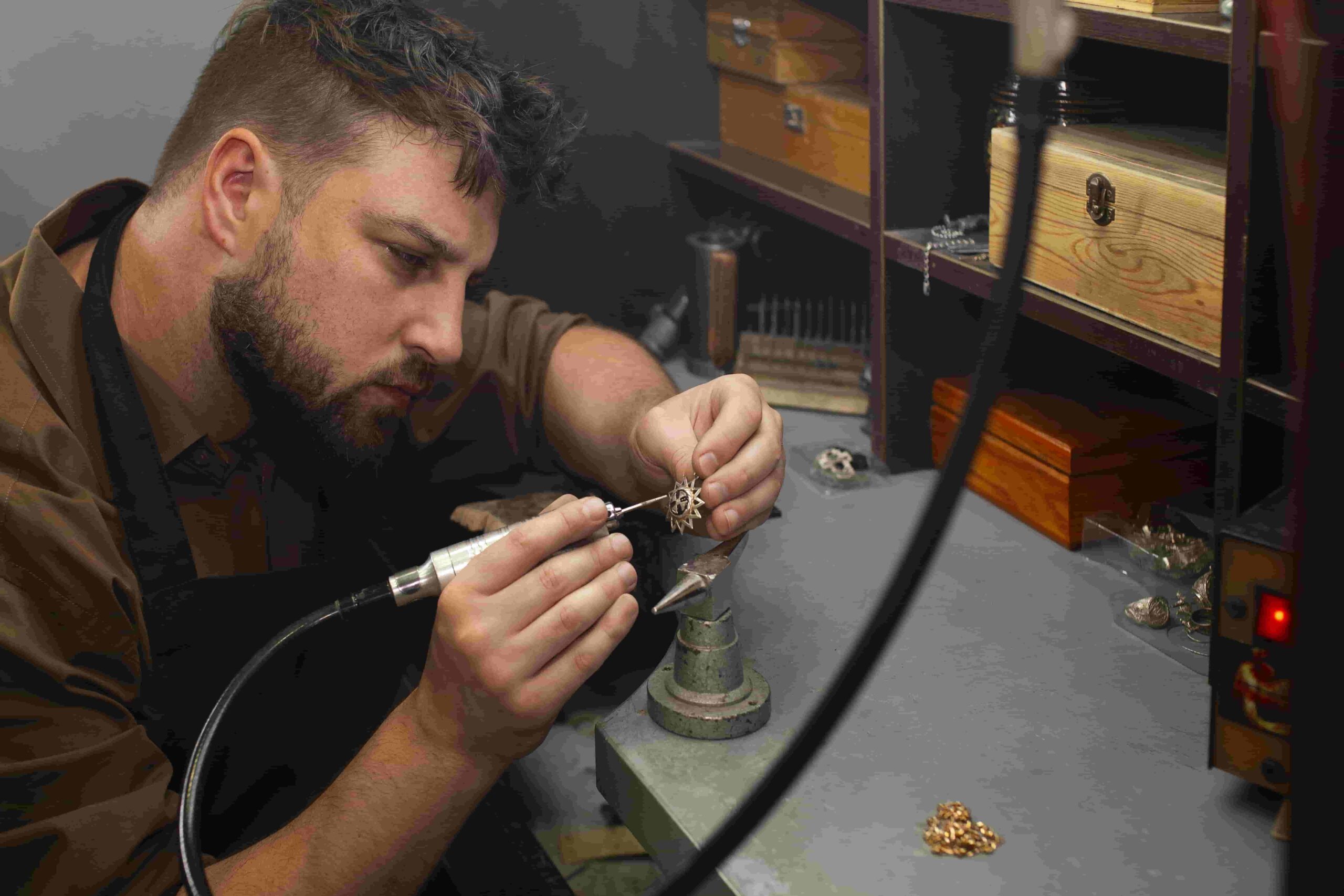Antique jewellery valuers play a pivotal role in the world of collectible jewels, offering their expertise to accurately determine the worth of precious items with historical significance. These professionals help collectors, buyers, and sellers make informed decisions by providing detailed assessments of antique jewellery pieces.
The Role and Importance of Antique Jewellery Valuers
Antique jewellery valuers are the guardians of history, ensuring that each piece is respected and valued appropriately. Their assessments are crucial for insurance, sales, and estate planning, offering peace of mind to owners and potential buyers alike. Accurate valuations prevent undervaluing or overpaying, thus maintaining the integrity of the antique jewellery market.
Skills and Expertise Required
In-depth Knowledge
Valuers must possess extensive knowledge of historical jewellery periods, styles, and craftsmanship. Understanding the nuances of different eras allows them to recognize and authenticate pieces accurately.
Analytical Skills
Strong analytical skills are essential for valuers. They must evaluate various factors such as age, rarity, condition, and provenance, synthesizing this data to provide an accurate valuation.
Attention to Detail
A keen eye for detail helps valuers spot signs of wear, restoration, or forgery, ensuring the authenticity of the piece being appraised.
The Valuation Process
Initial Assessment
Valuers begin with a thorough visual examination, noting the piece’s design, materials, and any markings or signatures. This step includes identifying any historical significance or unique features.
Research and Comparison
The next step involves researching comparable pieces and recent auction results, providing context and benchmarks for the valuation.
Documentation and Reporting
Finally, valuers compile their findings into a detailed report, offering a transparent and justified valuation. This document is essential for insurance, selling, or estate planning.
Tools Used by Valuers
Antique jewellery valuers use various tools to aid their assessments, including magnifying glasses, gemstone testers, and digital scales. Advanced technology like spectrometers and microscopes can also assist in determining authenticity and composition.
Benefits of Hiring a Professional Valuer
For Buyers
A professional valuer provides assurance that you’re paying a fair price and acquiring an authentic piece, reducing the risk of fraudulent transactions.
For Sellers
Accurate valuations can enhance the credibility of a sale, potentially increasing the final selling price by providing buyers with confidence in the piece’s worth.
Choosing a Reputable Valuer
Credentials and Experience
Look for valuers with recognized certifications and significant experience in the field. Membership in professional organizations can also indicate a commitment to maintaining high standards.
Client Reviews
Research client testimonials and reviews to gauge the valuer’s reputation and reliability in the market.
Transparency and Communication
Choose a valuer who is open about their process and willing to explain their findings. This transparency ensures trust and mutual understanding.
What to Expect During the Valuation Process
During a valuation, expect a detailed inspection of your jewellery, followed by questions about its history and provenance. The valuer should provide a comprehensive report, detailing their findings and the piece’s estimated market value.
Impact of Accurate Valuations on the Market
Accurate valuations are essential for maintaining the stability and credibility of the antique jewellery market. They help set realistic prices, prevent fraudulent activities, and ensure that buyers and sellers engage in fair transactions. By upholding these standards, valuers contribute to a thriving marketplace where historical treasures are preserved and appreciated for generations to come.


